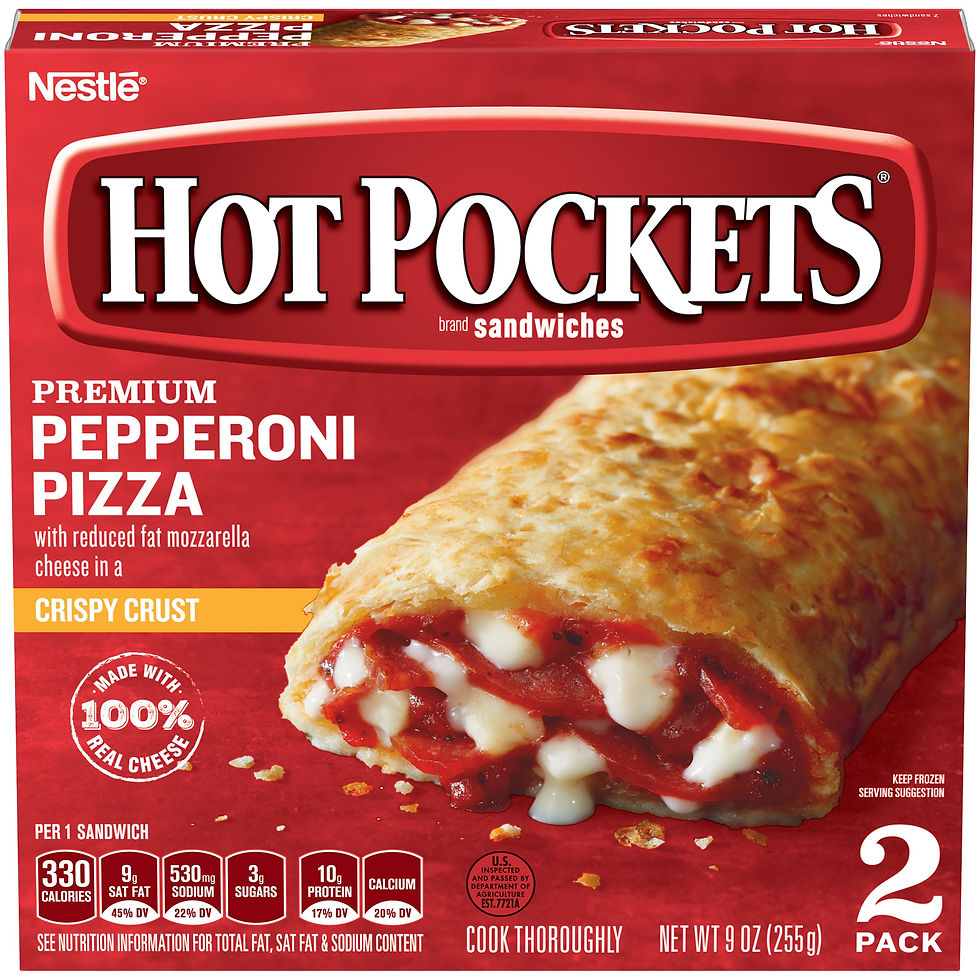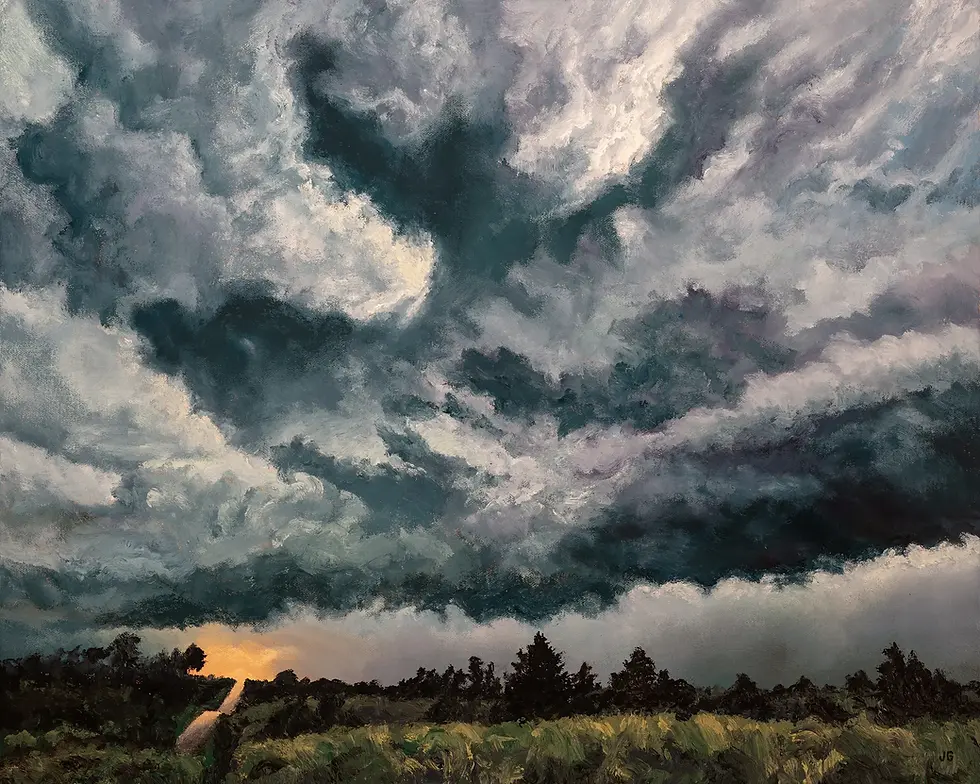"Lana and Dave," short story excerpt
- Colin Fleming

- Nov 5, 2021
- 7 min read
Friday 11/5/21
I like the name Lana because it spells anal backwards, and anal is itself, as some might think of it, backwards, and thus there is a certain symmetry, though I don’t think people who name their daughters Lana think through all of this, but it has to have occurred to some, and they carried on.
I imagine them carrying on by saying, “That’ll teach you,” which used to be “that will learn you,” when more people lived on farms and more lessons in life had to do with nature than the nature of people, which are both similar and not similar at all.
That’s an inconsistency, nature and human nature.
Some people can get angry before they have any reason to get angry. Which isn’t the same as toting anger around. They always want to “start,” rather than have someone else “finish.” That sounds like an orgasm pun. It’s not. They are people who want to teach their children before their children are old enough to learn, but some teaching is also like kicking, bringing the toes of the boot to the forehead, which is also starting.
People will say that I am juvenile, because I might make a joke to someone—because I am the type of person who makes this type of joke, even if I don’t make it to the person who thinks I am juvenile—where I say a wrote a great new song and it’s called “I Went Up Your Ass, But Who’s Gonna Go Up Your Heart?” and is a real country-weeper. I am not done. I don’t actually have this song or songs of this nature. I just have the titles. Of which I have many. I go further. I say that it’s a number that Hank Williams could have done on the Mother’s Best radio program in 1951. Mother’s Best was a kind of flour. Williams hawked it and in between pitches for said flour and its worthiness, he did his music. I can totally see him saying, in his country-twang, “Folks, now that we’ve told you about how Mother’s Best flower is really the world’s best, I want to sing you a little song about the real things in life, as I’ve known them, and maybe you’ve known them, too. It’s a little something called ‘I Went Up’…” And so forth. I can hear the pedal steel.
If I am juvenile, and I become less so—which seems easy enough—is that not growth? But growth is supposed to be hard, they say. Or it’s not easy. I think there is a difference between “this is hard” and “this is not easy.” Do you know how big I think the difference is? Let’s put it this way. If the entire point of life can be distilled in a difference, I think it’s that difference. It would be a distance of light years, but the kind of light years—I know there are this kind—that can fit in the space between your fingers when they are two centimeters apart.
Jean Vigo made a film called Zero for Conduct in 1933. Vigo died young—at twenty-nine. Zero for Conduct was his last film. He only had three. The title has the same meaning as “You get an F for bad behavior.” The film is about rebellious schoolboys, who rebel in extreme and divine fashion at the end. I think Vigo means to imply both the divine and divination because at that ending the boys are walking on a roof, and he tilts the camera, so it looks like they are going up into the sky. I would say that at some point in his life, Vigo must have been someone that people like the people I have described above could think of as juvenile, and he was either channeling what he had known and had grown beyond, or he was celebrating being what some people think of as juvenile that is not really juvenile at all. No. It’s to live within the space of the two centimeters where the light years are hidden. Because to do so, you must know where you are living and why.
Two nights ago I watched a video a magazine put up on their site which they said was the definition of perfection. A woman sat on a large piece of paper on the floor of her apartment in a bikini. She was covered in different colors of paint. Her wrist was green, the bottom half of a forearm blue. She was thin. Then she started sweeping parts of her body over the paper, quite seriously, as if there was no other way to paint and she had discovered the one true means of painterly expression. People said they loved this. It was truly perfection indeed. I have moments where nothing has technically happened to me, where I feel that not only has it happened to me, it more than has happened to me—as though there’s a state beyond experience. I count them as some of the worst moments I’ve known, but they are not moments I could ever even get to single out in a conversation, and say, “Well, this was something I had to endure. It didn’t happen to you, but it happened to me, and it was mine to deal with, just like you have things that happened to you that haven’t happened to me.” Then you make a joke, maybe, and say, “knock on wood,” but that’s also being a dick.
I think of meat scissors a lot. Aren’t meat scissors a strange contraption? Like they shouldn’t exist? Which is no knock on their practicality. Scissors just ought not to be for meat. People used to call each other fat heads. That’s not done anymore. I think it ended in the 1980s. But when I watched the painting perfection video, I thought of there being actual fat in the heads of humans. The meat scissors are used to trim fat off the meat. Let’s say some of the fat falls to the floor. Your dog is going to eat that as quickly as he can. Dogs can’t get me in any way that is bad for me like a person can. Or human nature can. To dogs I attribute a larger quotient of intelligence, because dogs don’t veer. They are consistent. They do what they are designed to do. They are true to nature. You wouldn’t call a dog juvenile. Isn’t it a paradox that they eat that fat, though? Which the humans have cut off. Many of whom are so fat themselves. What are they doing? Is this a metaphor? A symbolic rebellion about what is in their bodies and brains? A dog is also better at accepting itself. Further, a dog could have painted as well as the bikini woman.
Matchsticks make me think of people. I’ll take four out of a box. It’s something I do with a box of matchsticks. I’m reminding myself of what I know, because it seems valuable to know, and also lose-able, you might say, as knowledge, which I worry about when it comes to love and how love feels, which is both knowledge and feeling. I do this with words as well. Each day I’ll say the word “etiolated” to myself, reminding myself what it means. But if I let it slide for three days, I’ll have a hard, hard time remembering the word “etiolated” again. I know what it means, even when the word is gone. Then I have to go online and search for synonyms for “pale” and “colorless.” Then I see “etiolated” again, and for what can be a lot of days going forward, I remind myself of the word each day, until I slip, and the process begins again. I line up four matchsticks on a table. Obviously, they are not talking. Their heads are symbolic—they literally possess heads that may be made hot. But the heads are room temperature now, as I watch this scene play out. The two matchsticks in the middle of the four might be positioned quite close to each other. They’re like people, my matchsticks. You may naturally assume that those two most closely positioned—and it’s figurative as well, not just literal—are the closest in terms of relationship and connection. But you don’t know that and it’s an easy trap. The matchstick on the far left edge might be the one that is tightest with the one in the middle who is on the right, and though the former would like to be hanging with the latter, it knows that it should step aside for the time being because those two middle matchsticks really need to talk. Maybe there is some hard news that has to be delivered. One matchstick could be a doctor. You don’t know. If you walked in, you’d think I was a guy fiddling with matchsticks. But I’m not fiddling. I’m thinking, and reminding myself, and I’m also experiencing something.
Last night I saw another video. I shouldn’t have been watching this. I thought it was a joke at first. When I’m online, I’m always surprised by the number of people who have otters and raccoons for pets. I didn’t know you were allowed to have a pet otter or raccoon. When I was a kid, you weren’t supposed to have a turtle, because they carried disease, but a turtle seems much more innocuous than having six otters live with you. The video was about a guy named Chris and his pet raccoon Dave. They were best friends. Chris had had grievous losses in his life and trauma. He lost his coping skills, which is partially why I was interested in his story, because he definitely seemed happy enough with Dave. They were bosom buddies. They watched old episodes of Alf together, with Dave—there was a nice close-up—being absolutely riveted as he sat on the couch, twirling an unshelled peanut between his paws—his raccoon mouth actually open. I had never seen an agog raccoon before. I think he maybe thought he was like Alf or Alf was like him. They did everything together, Chris and Dave. They even took baths in tandem. Dave pushed the soap with his nose. Chums. There were a lot of cameras in Chris’ house to document his adventures with Dave. This was one of those sites where anything goes. I think it was Reddit. And one day, Chris—a big fella—had a heart attack, and he died on his kitchen floor. It was on the video. Someone had the footage of the next few days, and they did some editing. Dave waited about a day—if that—and he started eating Chris. But he’d take breaks to skid across the kitchen floor, as if he was a kid sledding across a pond. He was pretty casual. Didn’t seem distressed in the slightest. The TV must have been left on in the other room, because now and again, you could hear the theme song to Alf, and Dave would stop eating Chris and leave the kitchen to, presumably, watch TV. When he eventually ate the stomach, and pulled out the intestines, he played with them quite a lot. I think if he could have—and raccoons just don’t have the body type for this—he would have used them to jump rope. Eventually a neighbor came in, saw what had happened to Chris, and screamed, but Dave was trying to get her to play with him. That was his focus.





Comments